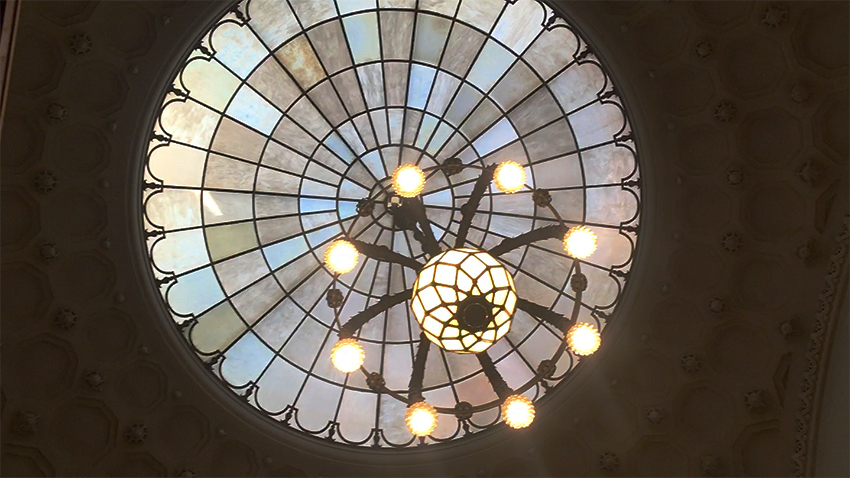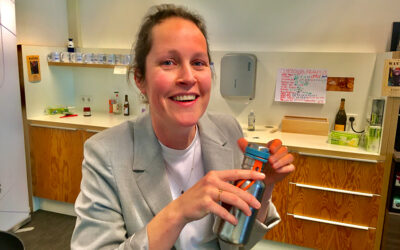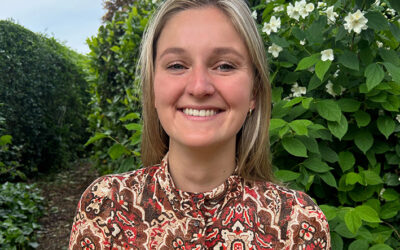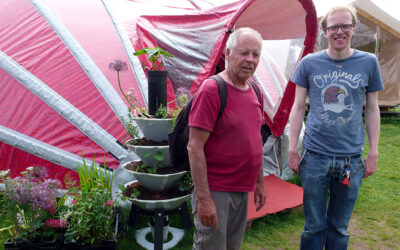Introduction: Visit to the Munich/Nymphenburg Botanical Garden
The task of preventing the extinction of the complete spectrum of pollinator species is a challenge most intimately grasped by individuals involved in the operations of botanical gardens. Bob Ursem, given his leadership roles in several botanical gardens and his tenure as president of the Dutch Association of Botanical Gardens, has meticulously cultivated an extensive network of contacts within the global botanical garden community. In his capacity as a close collaborator and advisor to our initiative aimed at developing methodologies to counteract this extinction crisis, he facilitated an introduction to the Botanical Garden Munich/Nymphenburg. This visit transpired on a chilly day in February 2023.
Expert talks: Wild bee diversity in Munich
Our encounter at this botanical garden was particularly enlightening, as we engaged with two distinguished experts, Andreas Gröger and Andreas Fleischmann, who specialize in flora and pollination biology, respectively. The primary objective of this visit was to seek not only further endorsement for the vision and content of our upcoming three-day symposium, titled ‘Devising Urban Conditions to Host the RefuBees,’ but also to involve them in the early stages of programming and content development.
Innovative concepts: Districts for bees in the city
A noteworthy revelation emerged during our discussions with them – the discovery that Munich is home to approximately 230 distinct wild bee species. This prompted a novel concept: the prospect of subdividing the urban landscape into distinct districts, each tailored to the specific requirements of a single bee species. In the case of Munich, this innovative approach would potentially accommodate all 230 of these unique species within the city’s confines.
Image: still of video at the entrance hall of the Botanical Garden building at Munich/Nymphenburg




